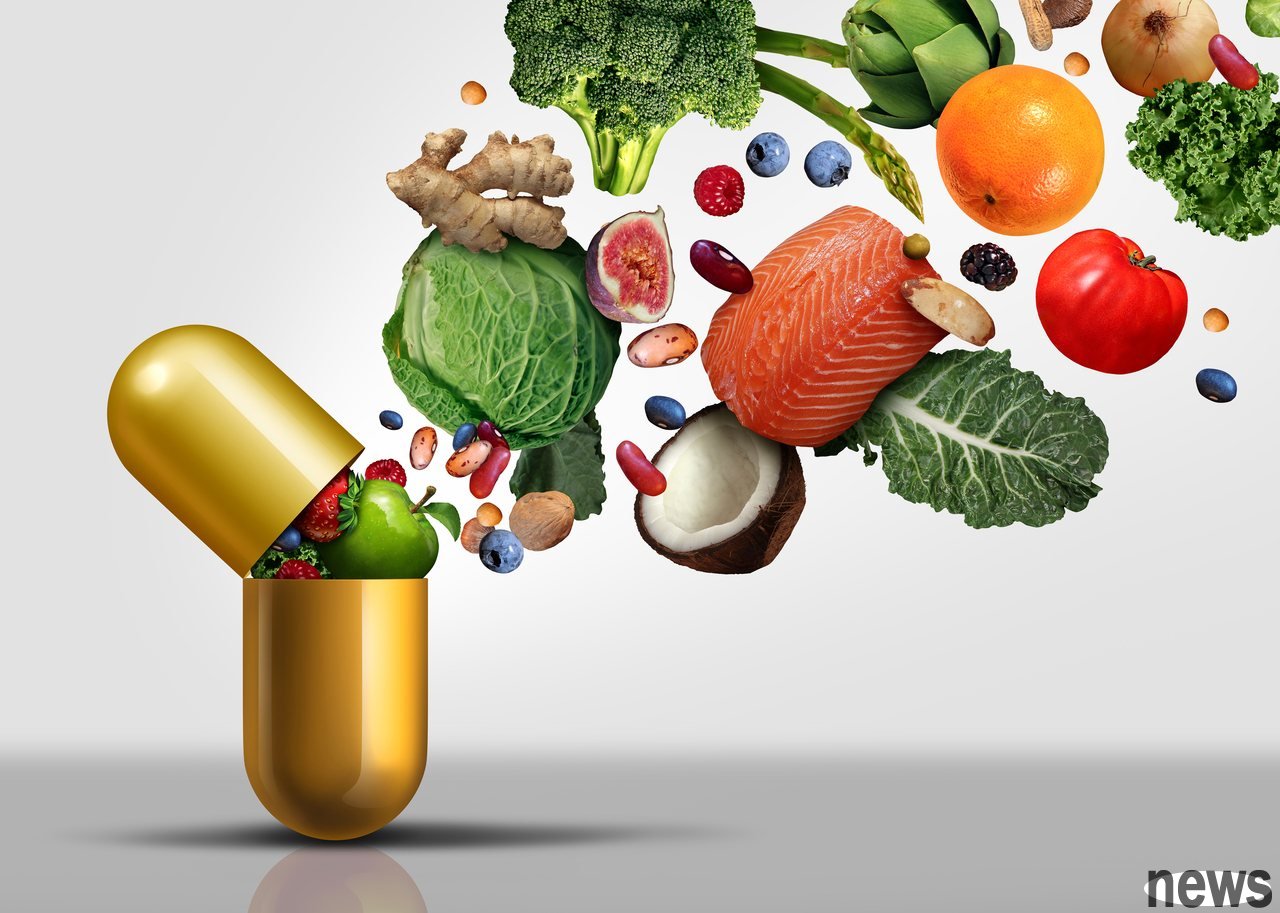Can additional supplementation of "phytosterol" reduce the risk of cardiovascular disease? Are plant sterols the new savior of health?

When I posted a platinum on March 16, 2018, should it be between 15-50? , pointed out that Dr. Jiang Chenen misunderstood to read a clinical study of a new drug called alirocumab. 2023-8-14 Reader coinball asked for an article published in "Taiwan Video Life" in the response column. The title of this article is plant sterol, a new savior of health? What readers are concerned about is its first paragraph: "The principle of lowering phytosterol is that phytosterol is that phytosterols are combined with the receptors of animal steroids in the human body, and are linked to protein and phosphorus. Since phytosterols are to be absorbed by humans, they must be accompanied by various protein, phospholipids and small foods in the food. When the receptors of the kidney are combined, when the phytosterol is full of the receptors, the animal pyrosterol you eat cannot be absorbed by the human body, which can reduce the human pyrosterol index. "
The problem of readers is: does this section mean that phytosterol not only block the absorption of pyrosterol, but also block my protein absorption?
First, the English word for phytosterol is phytosterol, and Google translates it into phytosterol. Most Chinese websites in Taiwan, China, and Hong Kong also use "phytosterol", so I will also use "phytosterol" in the following discussion. (Note: "steroid" is pronounced the same as "in")
The latest and most complete summary of how phytosterols can lower pyrosterols is the Food Ingredients That Inhibit Cholesterol Absorption published in 2017. One of the paragraphs is: The mechanism by which phytosterols inhibits pyrosterol absorption is not fully understood and may include multiple pathways. The proposed mechanisms include inhibiting pyrosterol ester hydrolysis; dissolving it into a mixed bundle with pyrosterol; co-crystallization of pyrosterol and phytosterol; contouring transport through the top membrane of the cytium; and re-esterification of pyrosterol intracellular pyrosterol.
From this, it can be seen that the article "Taiwan Lihua" said that "phytosterols will first combine the receptors of animal steroids on the kidneys in the human body, and are wrong with the key links such as protein and phosphorus."
Let's look at another paragraph in the article "Taiwanese Living": "However, although these natural foods are rich in plant sterols, they have to eat a lot of fruits and vegetables to eat 1 gram of plant sterols. For example, you have to eat 5.8 kg of cauliflower, 8.4 kg of peach or turmeric, or 6.3 kg of bananas. If you can take 1 gram of phytosterol, your stomach will probably explode. Therefore, plant sterols are usually added to milk, cooking oil, or health products made into capsules, so that people can eat enough. "
This paragraph is completely correct, but the problem is, can additional supplementation of phytosterols really reduce the risk of cardiovascular disease?
As far as current scientific evidence is concerned, additional supplementation of phytosterols can reduce blood calcification levels, but it is uncertain whether additional supplementation of phytosterols can reduce the risk of cardiovascular disease. In fact, some recent studies have believed that additional supplementation of phytosterols can increase cardiovascular disease risks. Please see the following two summary articles:
2021: Phytosterols and Cardiovascular Disease. Phytosterols are recommended for the first time as an aid to change lifestyle in the recently revised ESC/EAS guide to blood lipid abnormalities in 2019. However, the German Academy of Diseases (DGK) has a more critical attitude towards food supplements with phytosterols and calls for random control trials to investigate hard cardiovascular endoscopy. More and more evidence shows that phytosterols themselves have the effect of activating atherosclerosis. This summary discusses this debate based on the results of extracorporeal and intracorporeal studies, clinical trials and certifications. 【Note: ESC/EAS is a compression of the European Society of Cardiology/European Atherosclerosis Society】
2023: Plant Sterols and Plant Stanols in Cholesterol Management and Cardiovascular Prevention. Despite the lack of random trials to investigate their long-term safety and cardiovascular efficacy, functional foods rich in phytosterols/steranols have become the most widely used non-prescription lowering methods. The reduced pyrosterol effect of phytosterol supplementation has been well proven and potentially beneficial effects on other lipoproteins and glucose stability have been described. However, experimental and human observation studies on the relationship between phytosterol supplements or circulating phytosterols and various markers of aortic atherosclerosis and cardiovascular disease events have proven controversial results. Convincing evidence from recent genetic research also suggests that elevated circulating phytosterol blood concentrations are related to the presence of atherosclerotic cardiovascular disease, which has led to human repercussions on the safety of phytosterol supplements.. Therefore, the purpose of this summary is to provide the latest data on the effects of phytosterols/steranols on lipid modification and cardiovascular endogenous issues and to discuss any safety and actual issues.
From these two papers, it can be seen that although additional phytosterol supplementation can reduce blood calcification, there is currently no evidence that additional phytosterol supplementation can reduce cardiovascular disease risks. What is even more gratifying is that there are some evidence that additional supplementation of phytosterols may increase cardiovascular disease risks.
Therefore, phytosterols are regarded as the new savior of health, that is, encouraging additional supplementation of phytosterols is a dangerous health guide.
Original text: Is plant sterol the new savior of health?Responsible editor: Gu Zihuan




